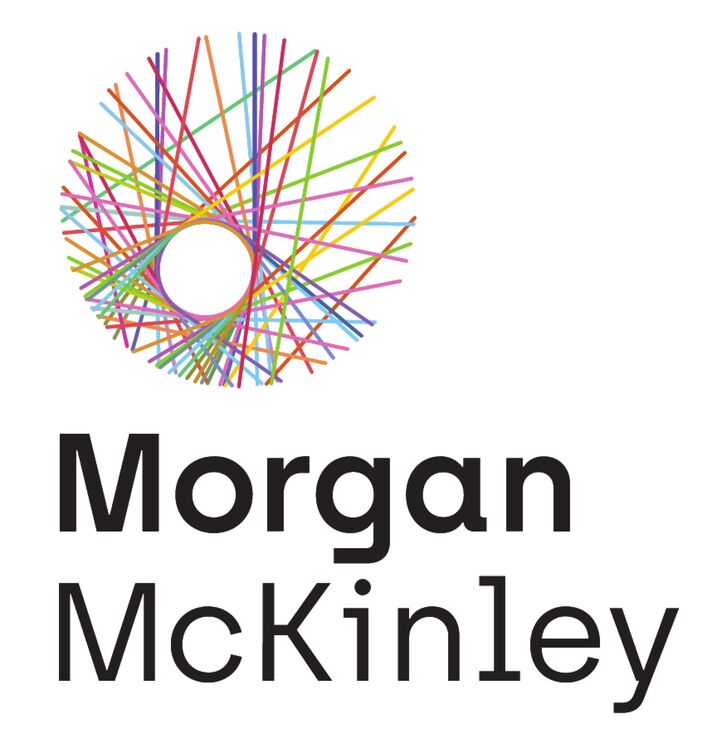Interested applicants are invited to apply directly at the NUS Career Portal
Your application will be processed only if you apply via NUS Career Portal
We regret that only shortlisted candidates will be notified.
Job Description
As a Research Assistant in Urban Planning Algorithms, you will be responsible for developing innovative algorithms and formulations to address complex urban planning problems. You will work closely with urban planners, data scientists, and other stakeholders to understand the practical constraints and challenges faced in urban planning. Your role will involve:
• Developing and refining algorithms and mathematical formulations to solve urban planning problems, such as traffic flow optimization, land use allocation, and resource distribution.
• Analyzing and interpreting data from various sources, including geospatial data, demographic information, and transportation networks, to inform algorithm development.
• Collaborating with interdisciplinary teams to ensure that algorithms are practical, scalable, and aligned with the goals of urban planners
- Implementing and testing algorithms using appropriate software tools and programming languages, such as Python or R.
- Documenting your work and presenting findings to stakeholders, including urban planners, policymakers, and the public.
Qualifications
To be successful in this role, you will need to have a strong background in computer science, mathematics, or a related field, with a focus on algorithm development and optimization. Additional qualifications include:
- Proficiency in developing and refining algorithms and mathematical formulations to solve complex problems.
- Strong analytical and problem-solving skills, with the ability to think critically and creatively.
- Proficiency in programming languages such as Python, MATLAB, or R, and experience with software tools for algorithm implementation and testing.
- Strong communication skills, with the ability to explain technical concepts to non-technical stakeholders and present findings effectively.
- A commitment to collaborative work and the ability to work effectively in interdisciplinary teams.
- A Bachelor’s degree in Computer Science, Mathematics, Operations Research, or a related field
























